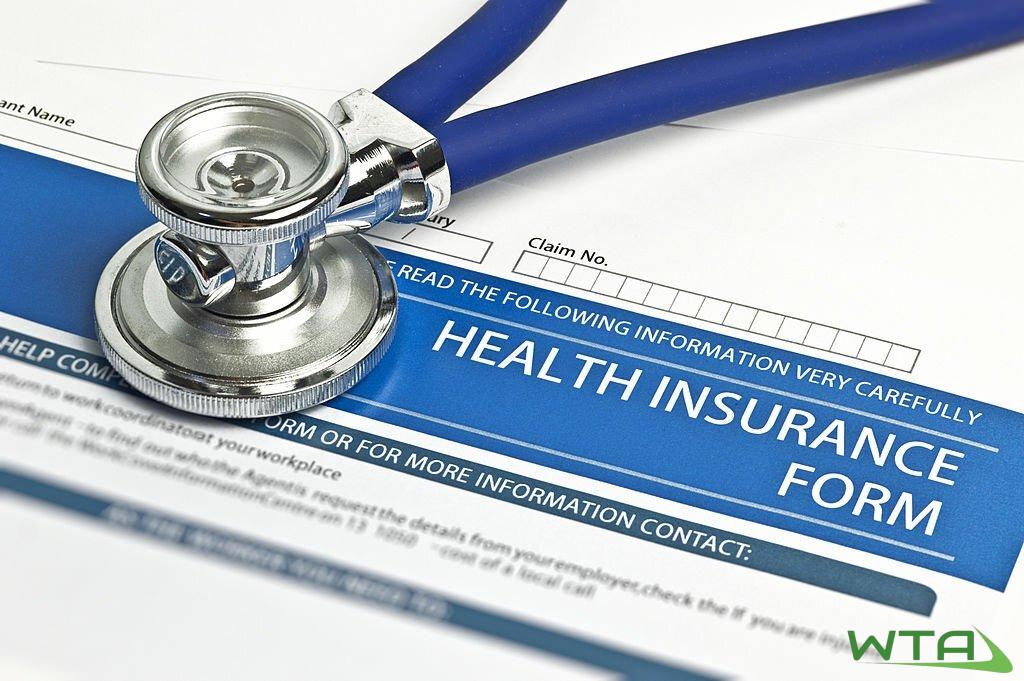Health insurance plays an indispensable role in providing individuals with the assurance of affordable access to essential medical services.
Choosing the right health insurance plan can be daunting for the general population, and the complexity only intensifies for high-risk individuals.
These individuals, characterized by pre-existing medical conditions or intricate health requirements, face unique challenges in pursuing suitable health insurance.
In this article, we will explore the realm of health insurance for high-risk individuals, shedding light on their specific obstacles, available options, and crucial factors to make informed decisions.
Comprehending High-Risk Individuals
The category of high-risk individuals encompasses various medical conditions and circumstances. This group includes individuals grappling with chronic ailments such as diabetes, heart disease, cancer, and autoimmune disorders.
Moreover, individuals with a history of significant medical events, like strokes or heart attacks, fall within this high-risk classification.
Additionally, advanced age can contribute to this categorization, as older individuals typically contend with more intricate health needs.
Challenges Confronting High-Risk Individuals
High-risk individuals encounter a series of challenges in their pursuit of suitable health insurance:
Limited Coverage Options
High-risk individuals often have a restricted array of health insurance plans. Many insurance providers are cautious about offering coverage to this demographic due to the heightened probability of medical claims and elevated costs.
Higher Premiums
Health insurance plans for high-risk individuals generally have higher premium costs. This premium elevation reflects the increased likelihood of medical expenses and the imperative for more comprehensive coverage.
Coverage Exclusions
Certain health insurance plans may incorporate exclusions that negate coverage for pre-existing conditions. It leaves high-risk individuals potentially underinsured, especially concerning their specific medical requirements.
Specialized Care
High-risk individuals frequently necessitate specialized medical care, which standard insurance plans may not cover. Consequently, they may incur substantial out-of-pocket expenses.
Health Insurance Options For High-Risk Individuals
High-risk individuals can explore various avenues to secure health insurance coverage tailored to their needs:
Employer-Sponsored Insurance
Many employers extend health insurance as part of their benefits package. High-risk individuals should meticulously assess the coverage options furnished by their employers to determine their compatibility with their medical prerequisites.
Individual Health Insurance Marketplaces
Several countries operate individual health insurance marketplaces, permitting individuals to peruse and select plans that align with their health needs.
While these marketplaces proffer diverse plans, high-risk individuals must scrutinize coverage details and cost considerations.
Government Programs
Depending on the country, government initiatives might be in place to furnish health insurance coverage to high-risk individuals. Notable examples encompass Medicaid in the United States and analogous programs in other nations.
COBRA Coverage
In certain scenarios, individuals who lose their jobs but were formerly covered by an employer-sponsored plan can elect to retain COBRA coverage.
It allows them to sustain their existing coverage for a limited period, albeit often at an augmented cost.
Specialized Insurance Plans
Specific insurance providers offer plans exclusively designed to cater to high-risk individuals.
These plans typically entail higher premiums but frequently supply more comprehensive coverage, encompassing pre-existing conditions and specialized care.
Crucial Considerations For High-Risk Individuals
High-risk individuals should contemplate the following critical aspects when evaluating health insurance options:
Coverage Requirements
Thoroughly assess your medical requirements, including medications, physician visits, specialist consultations, and potential hospitalizations. This assessment serves as the basis for determining the requisite level of coverage.
Provider Network
Ascertain whether the insurance plan maintains a network of healthcare providers, encompassing specialists and hospitals adept at treating your condition.
Coverage Constraints and Exemptions
Scrutinize the plan’s constraints on coverage, exclusions, and waiting periods associated with pre-existing conditions. Verify that the plan seamlessly aligns with your medical prerequisites.
Prescription Drug Coverage
If you depend on prescription medications, verify that the plan covers the drugs you require, devoid of dosage or quantity limitations.
Financial Considerations
While monthly premiums merit attention, high-risk individuals must also factor in deductibles, co-payments, and out-of-pocket maximums. Calculate potential annual expenses, accounting for your health needs.
Customer Support
Access to responsive customer support is pivotal, particularly for individuals grappling with intricate health requirements. Ensure that the insurance provider furnishes robust customer service to address inquiries and concerns.
Conclusion
Health insurance is a lifeline for high-risk individuals, affording them access to indispensable medical treatments and care. The challenges in this pursuit are substantial, yet viable options exist to secure the essential coverage.
High-risk individuals, guided by a thorough evaluation of their needs, meticulous research of available plans, and consideration of pivotal factors, can make informed choices that fortify their health and overall well-being.
It is crucial to underscore that the quest for the right health insurance plan demands patience and diligence.
Still, the peace of mind it bestows is invaluable for individuals navigating the intricacies of high-risk health conditions.

